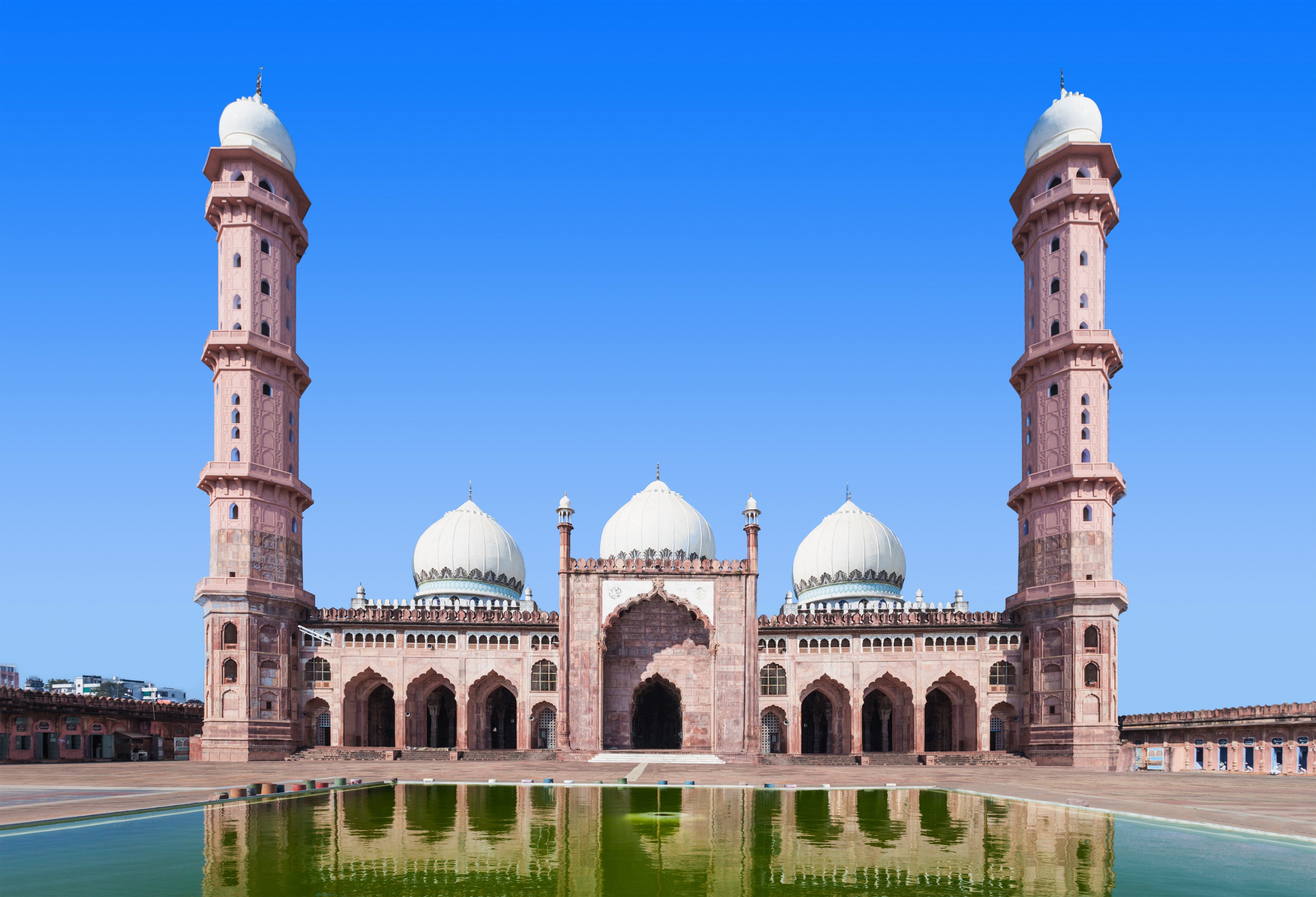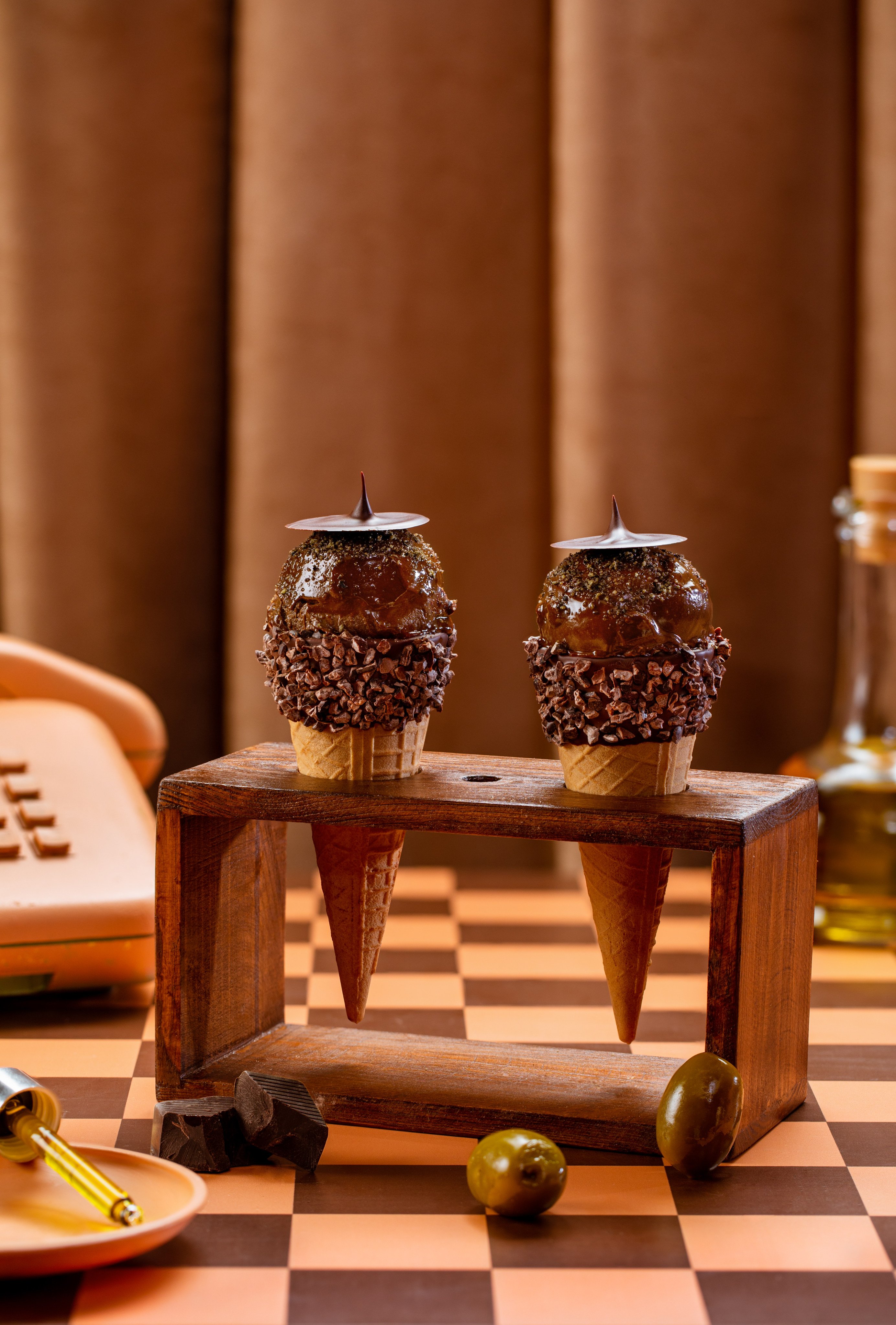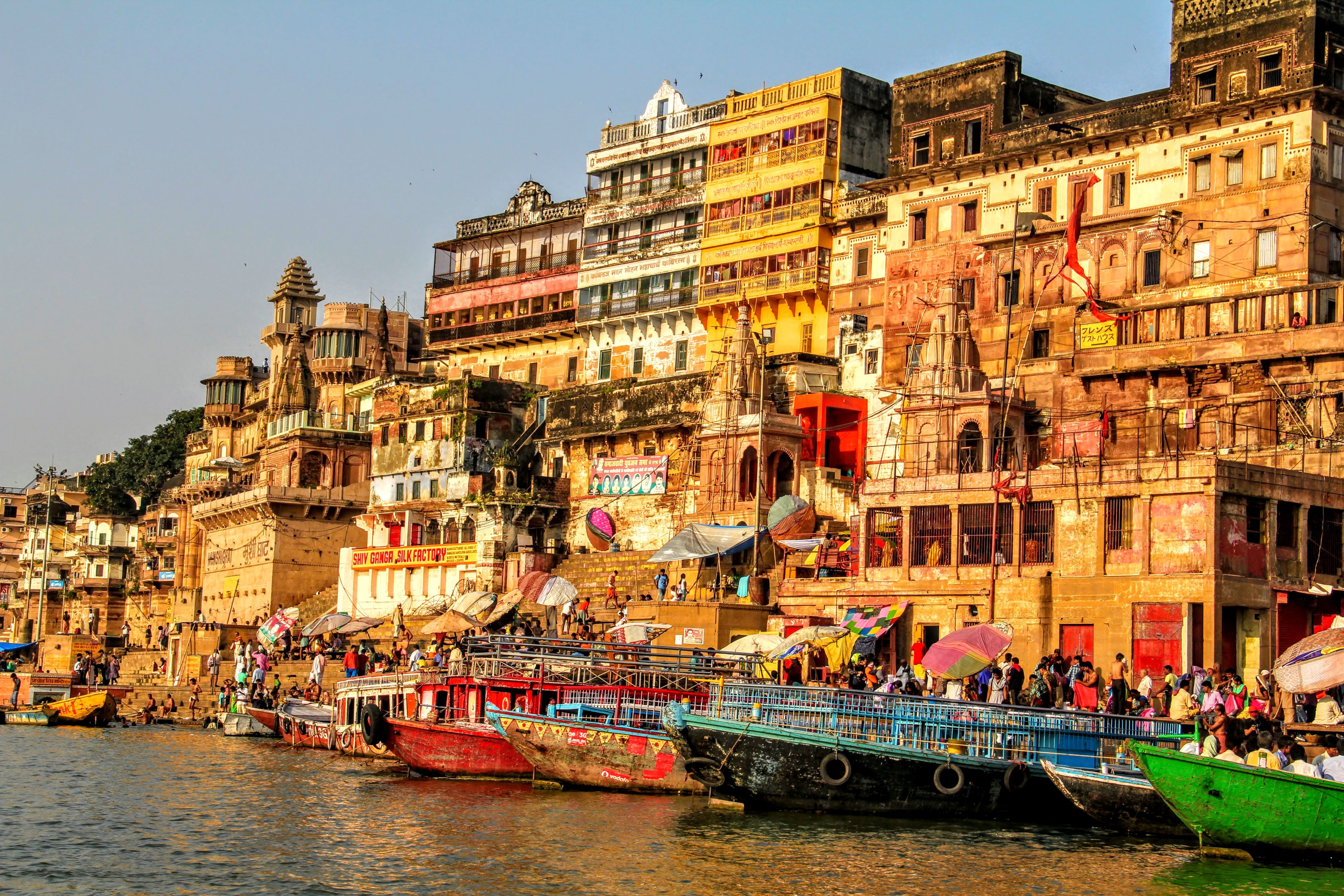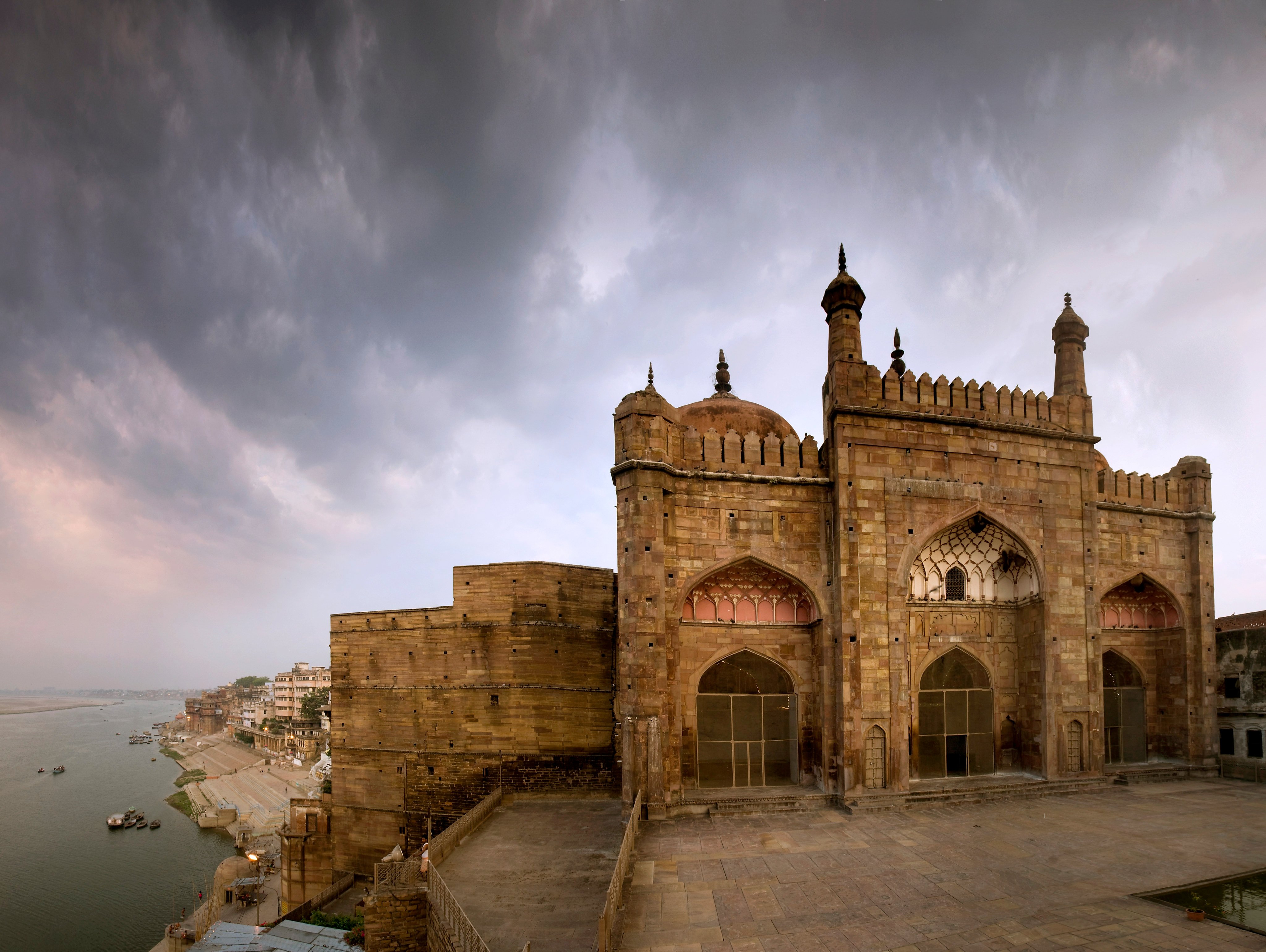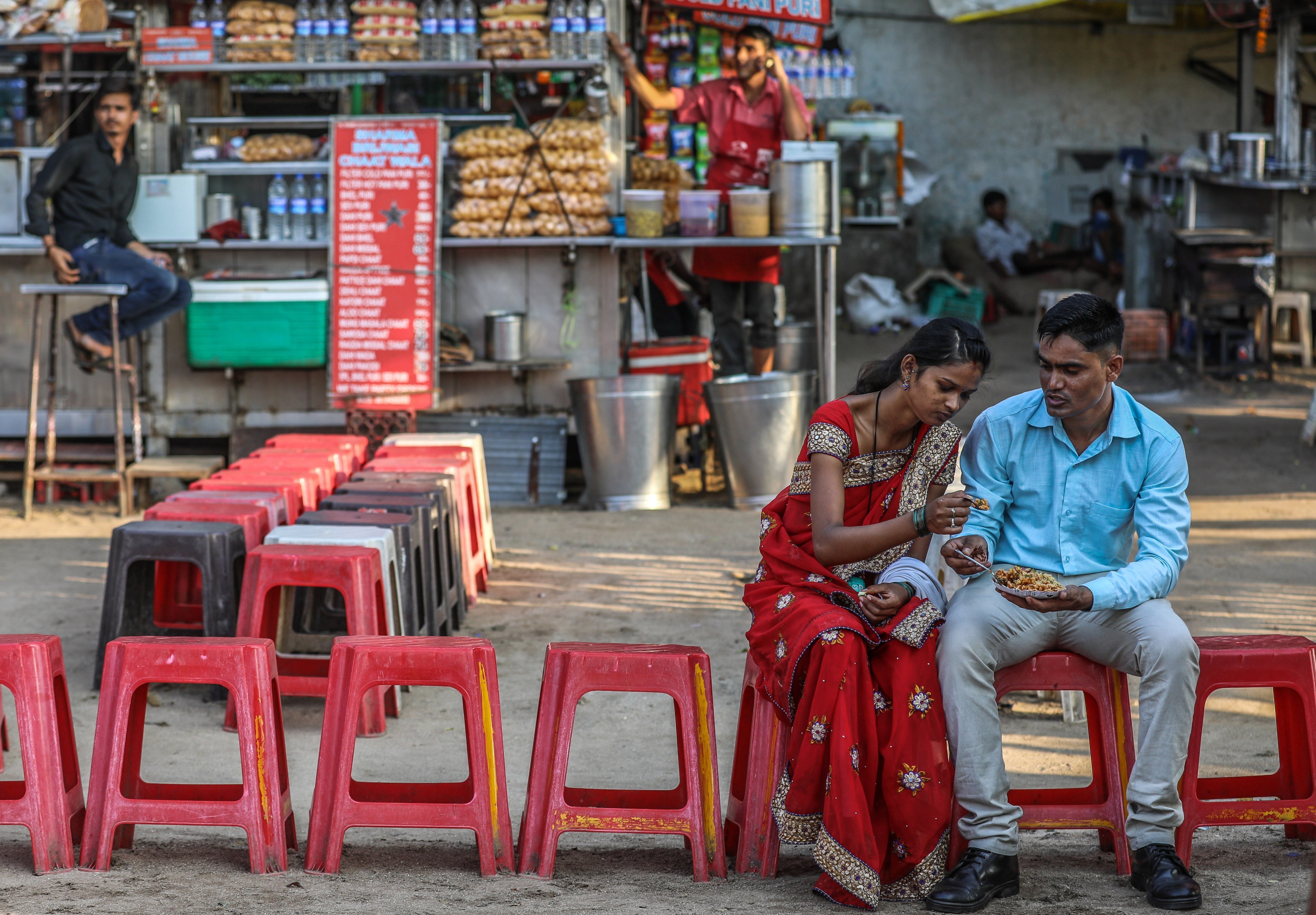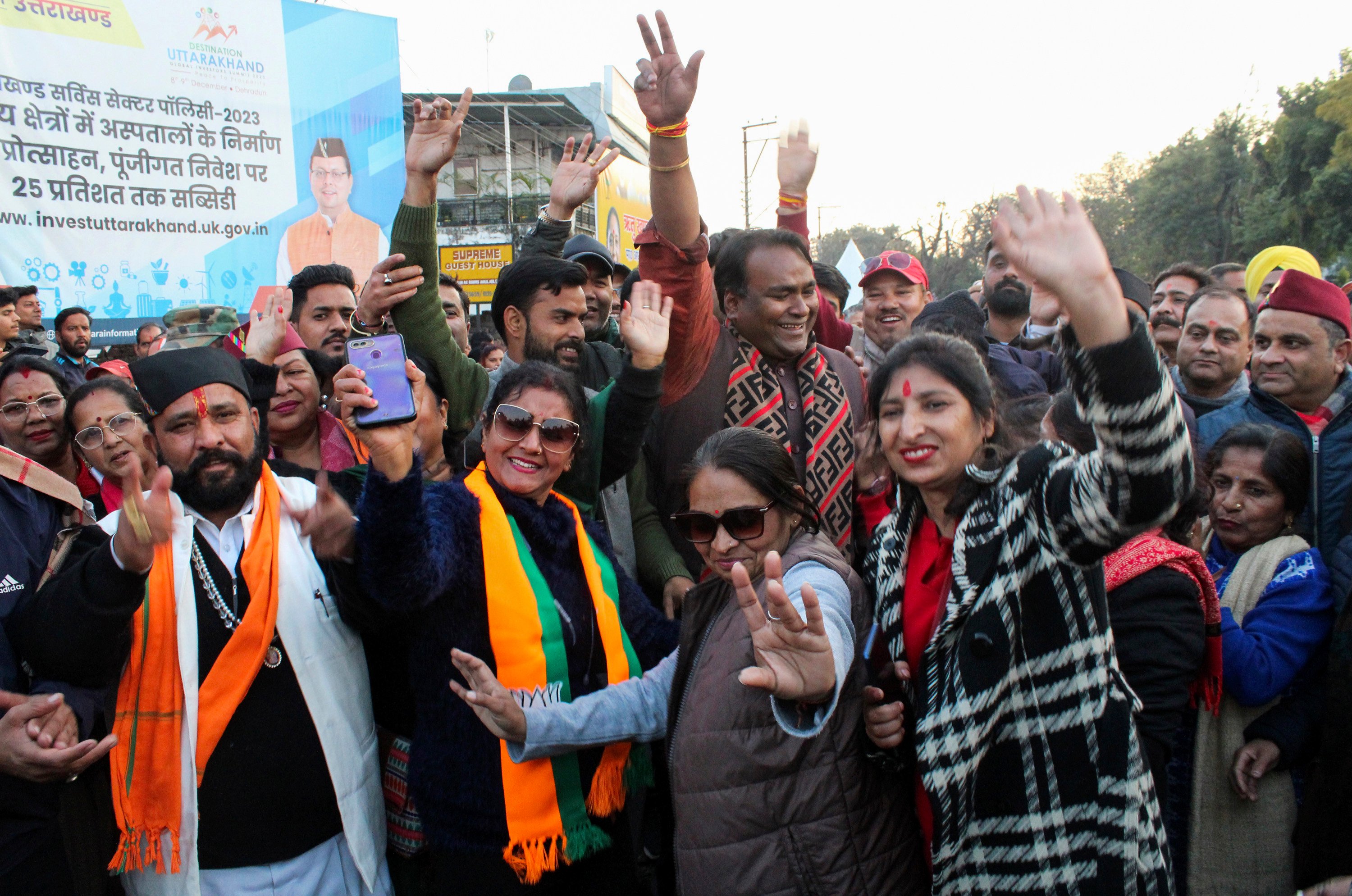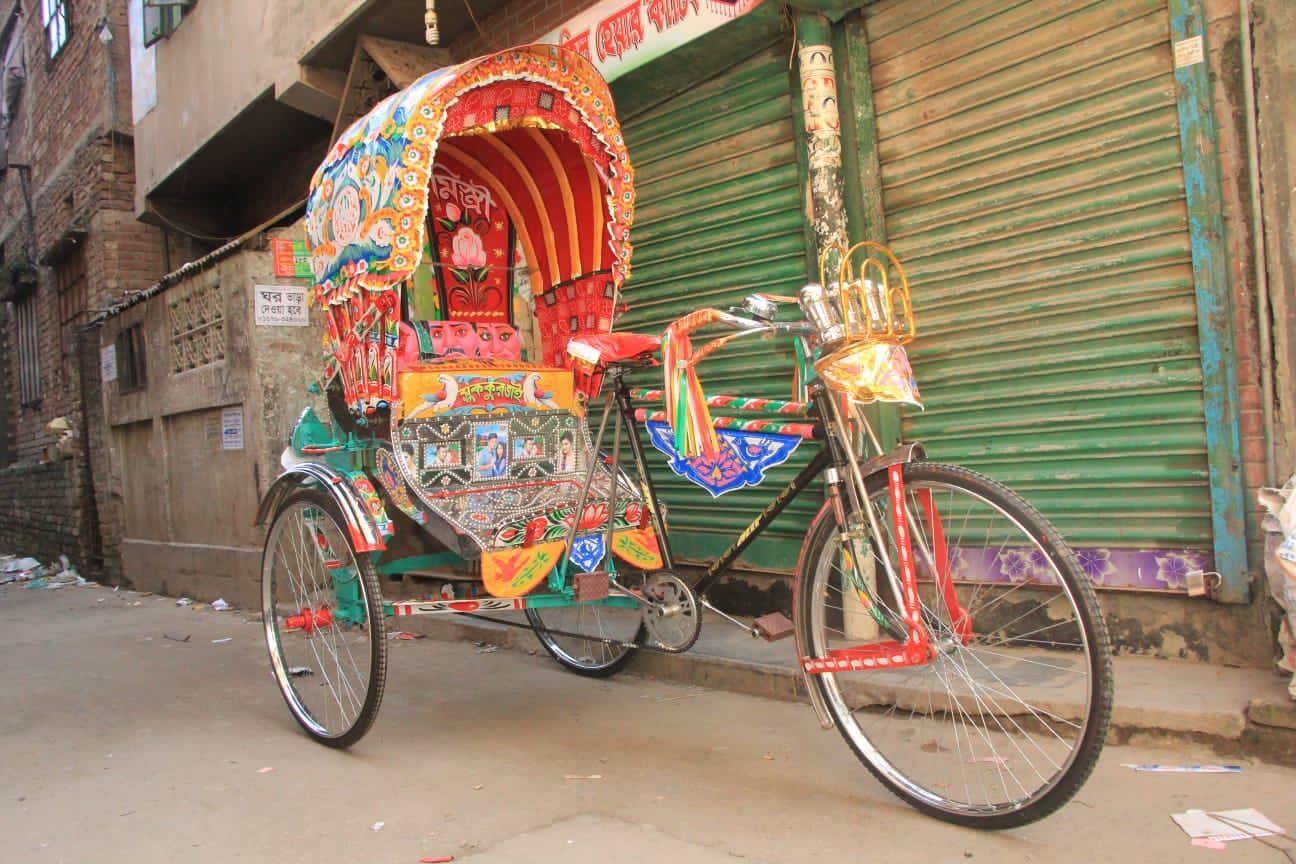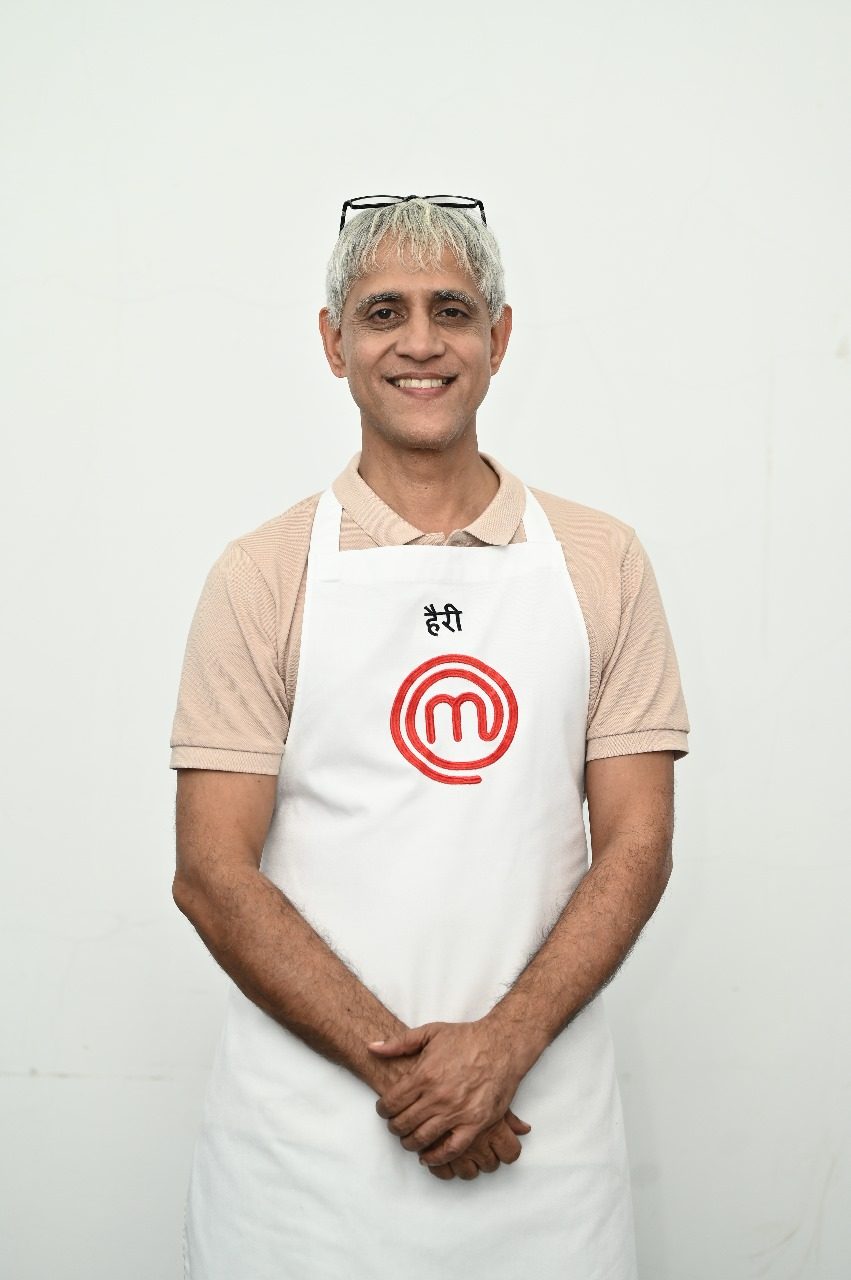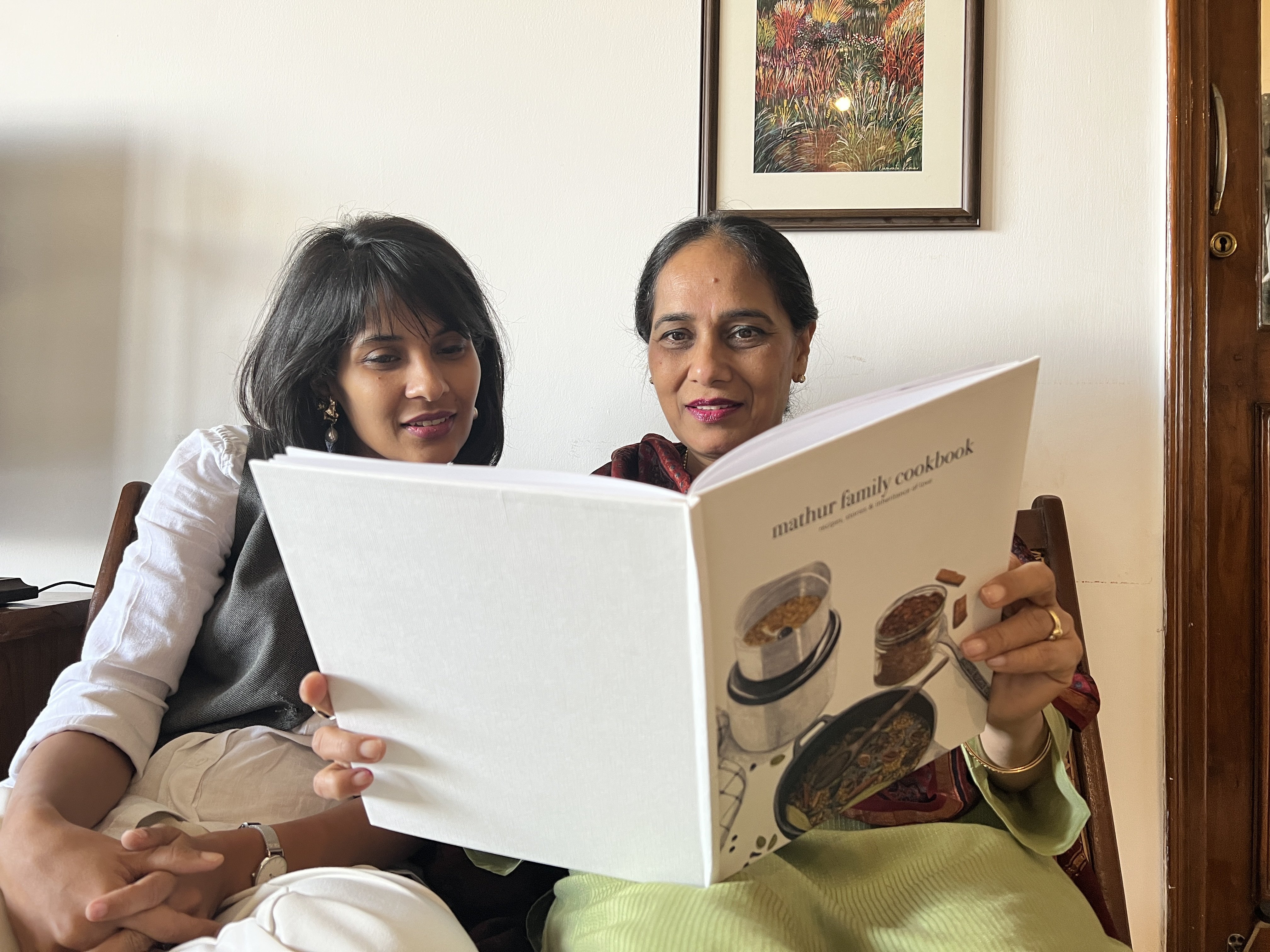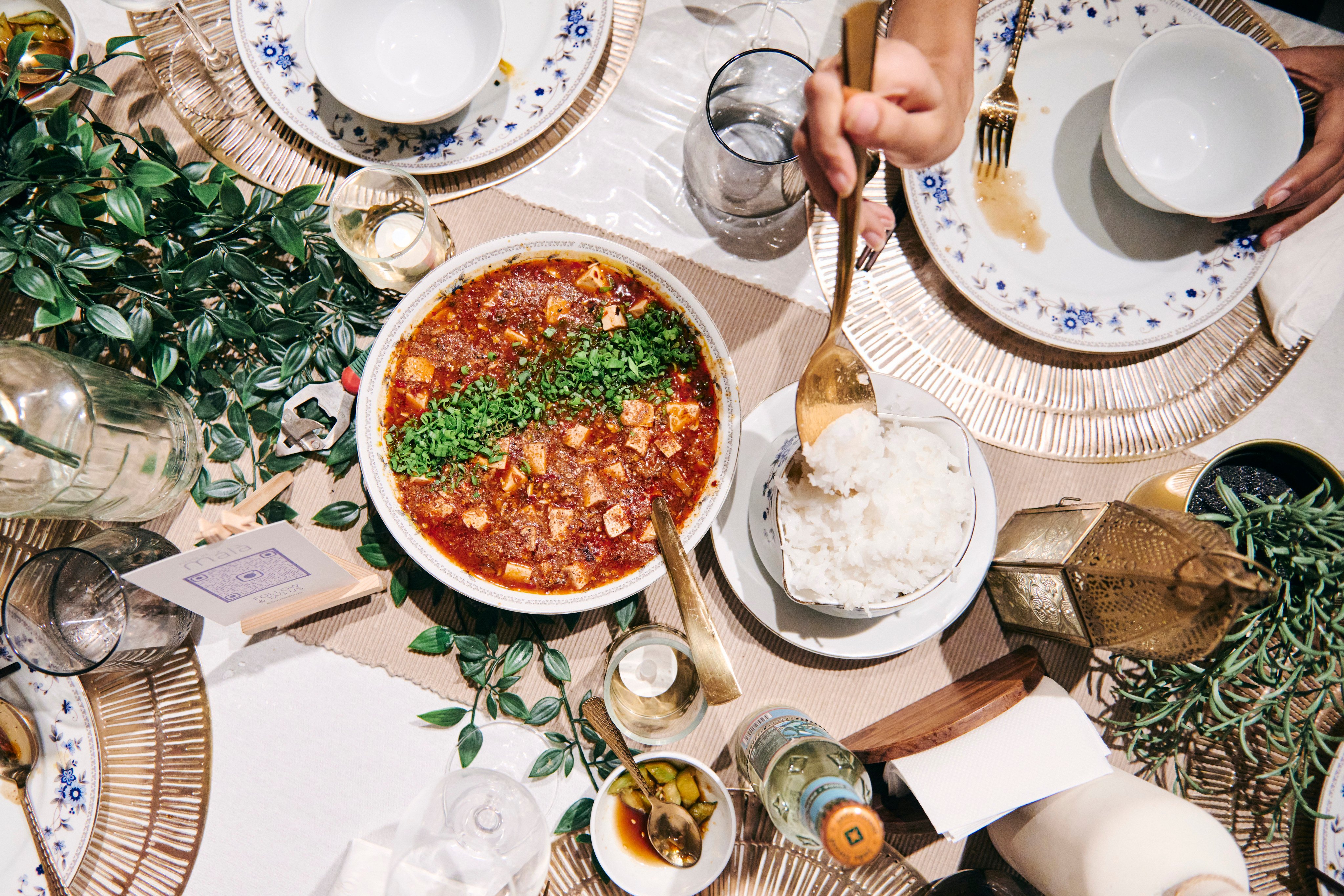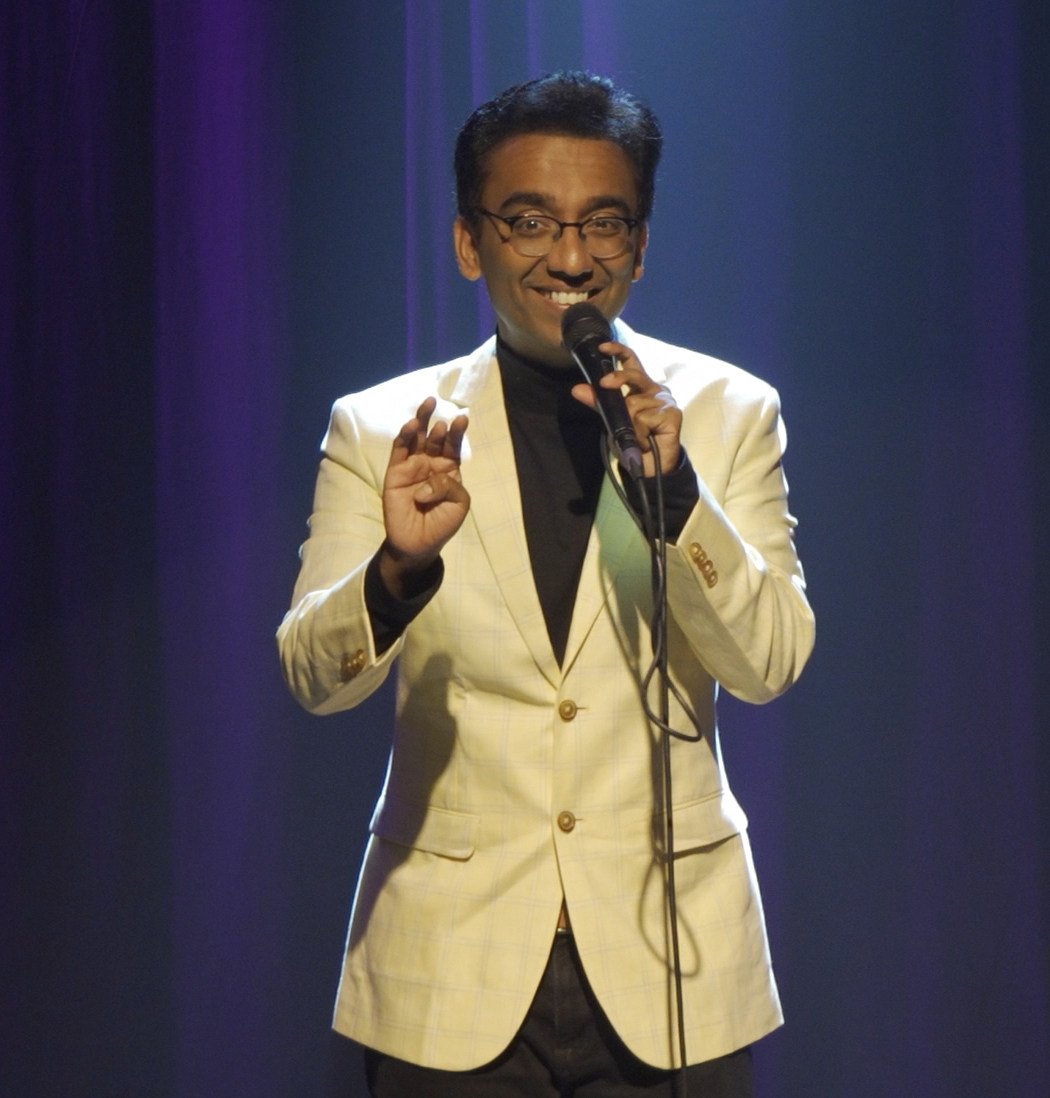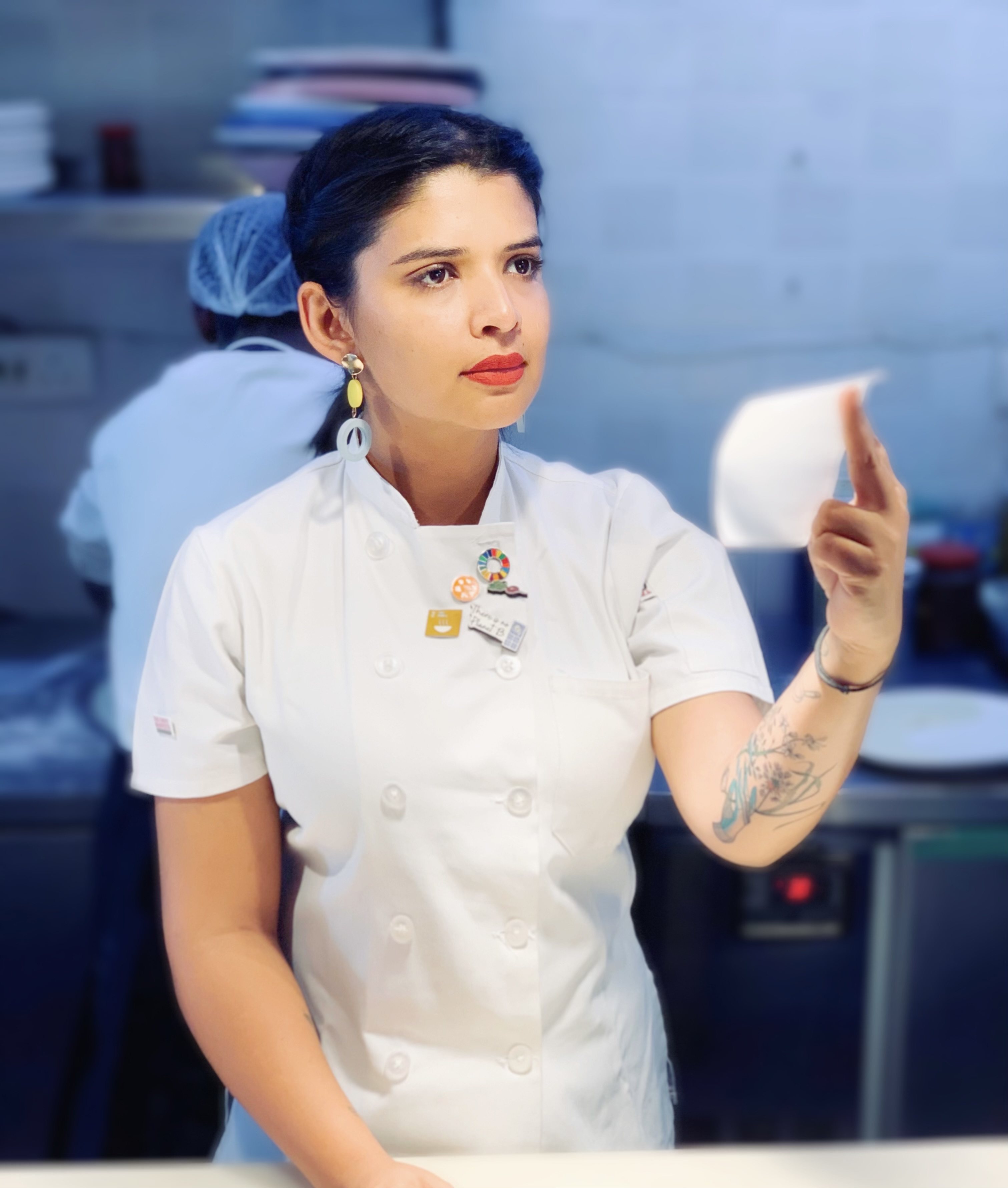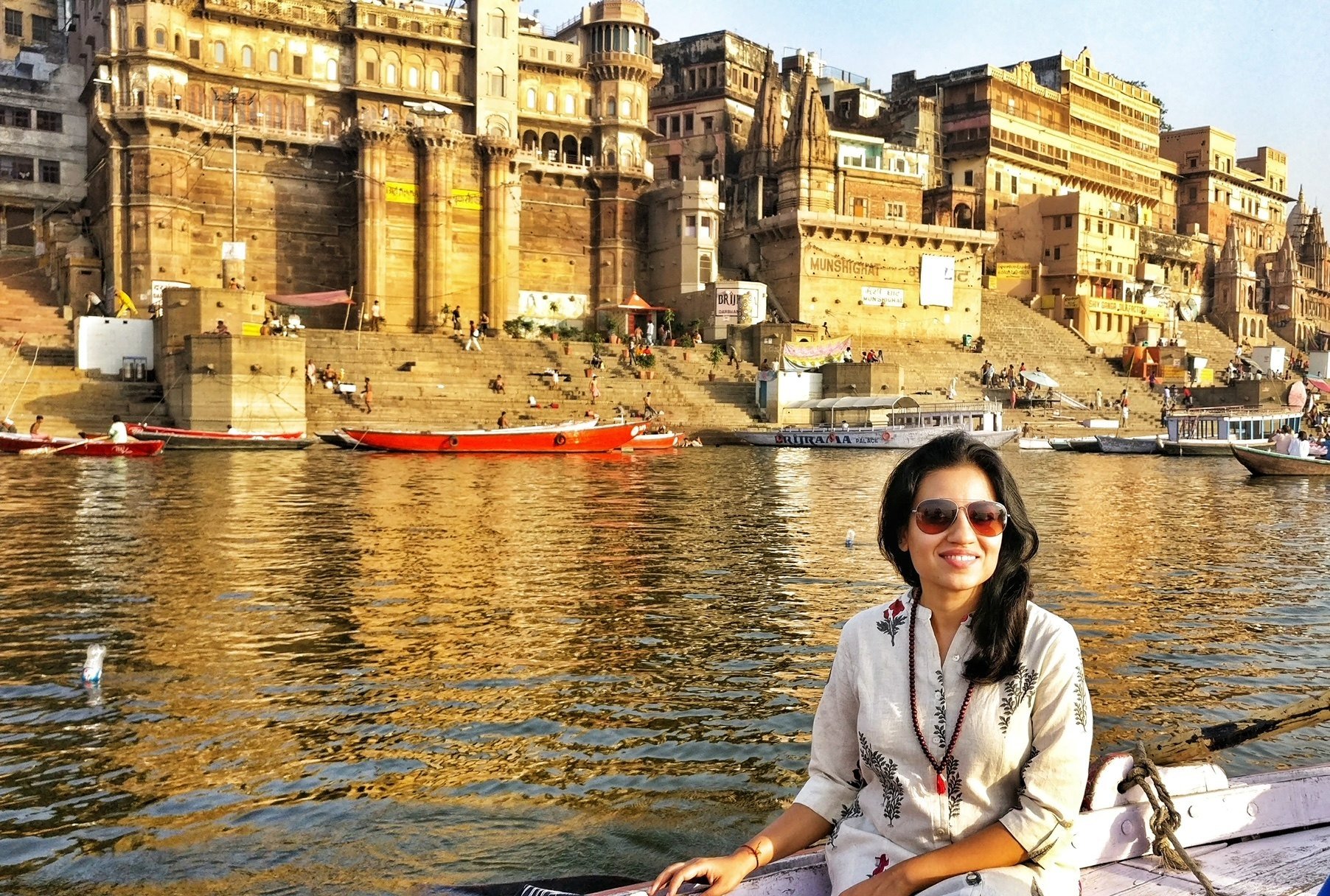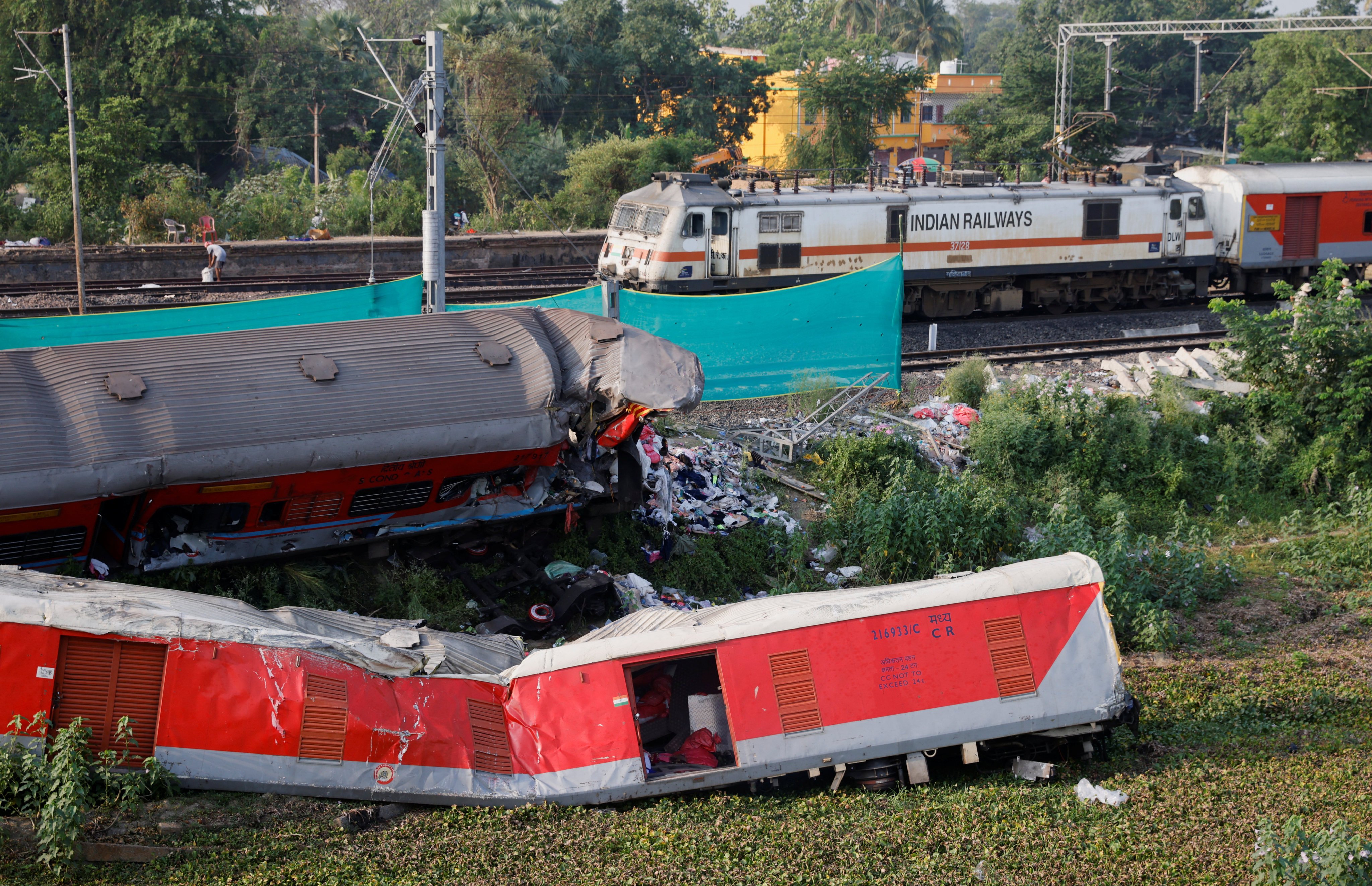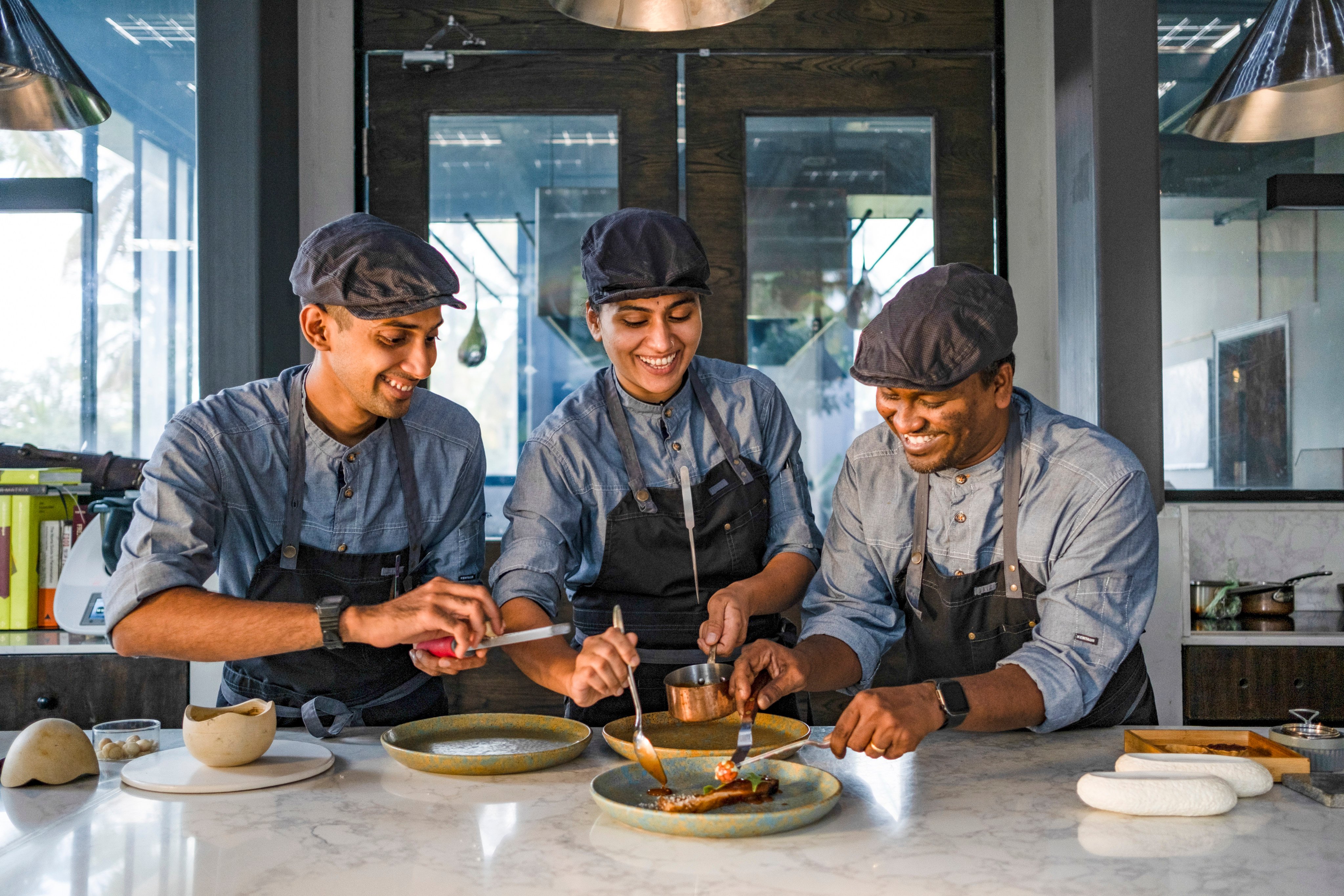Advertisement
Advertisement

Kalpana Sunder
Kalpana Sunder is an independent journalist based in Chennai, India. She writes on travel, environment, gender, architecture, culture, lifestyle, food and fashion. Her work has appeared in The Guardian, the Christian Science Monitor, Al Jazeera and the National Geographic Traveler.
Digital menus, calorie counts, deconstructed dishes, focus on a single ingredient among the pet peeves of 2024 that need an expiration date.
From increasing flexibility to strengthening the pelvic floor, deep squats – known as malasana in yoga – have many benefits, experts explain.
Many Indians swear by the cooling and hydrating properties of tragacanth gum, especially during the summer heat. Find out how this superfood is used in Ayurveda, and its health benefits.
More Indian couples are opting to tie the knot under the Special Marriage Act, upending a proud tradition of lavish wedding ceremonies.
Advertisement
Bhopal, India’s ‘city of lakes’ founded by an Afghan soldier, was ruled for over 100 years by Muslim women. The grand mosques and palaces, including a Taj Mahal, built under them are a spectacular collection.
Indian Gen Z and millennials are driving a new trend for gourmet and artisanal ice creams, with brands offering flavours inspired by everything from local cakes and desserts to chilli and street food.
The river, celebrated with birth and death ceremonies on its banks, is also linked to waterborne diseases which kill thousands of adults and children annually.
The antidote to FOMO, JOMO – the joy of missing out – has physical and mental health benefits and can make us happier, experts say, who explain how to switch, including cutting back social media use.
Lost monuments such as Kos Minar and the Barakhamba Monument have raised questions about India’s commitment to protect its heritage.
A recent study shows infertility affects roughly 10-14 per cent of Indian couples, and is more common in cities, where one out of every six couples is seeking help with conceiving.
Katherine Lim, a Chinese-Indian chef credited with popularising Hakka cuisine in India, talks about her ‘crusade’ to continue spreading her love and knowledge of the food of her ancestors.
A new wave of mid-range retailers is capitalising on Japan’s reputation for quality goods, winning millennial and Gen Z fans seeking ‘practical, functional’ items.
Social media is awash with ways to protect your immune system – and one of the more recent to go viral on TikTok is #ImmunityCube. Experts break the trend down, and we provide an immunity cube recipe.
The Urban Sketchers movement, started in 2007 in Seattle, has drawn a strong following in India, with more than 20 chapters across the country.
Critics claim the law in India’s Uttarakhand is part of the ruling BJP’s attempts to push its Hindu majoritarian agenda.
Many third or fourth generation rickshaw artists are losing interest in the time-consuming craft that provides little recognition or income.
Mel Robbins’ Instagram post on the ‘let them’ theory gained 14 million views in a week last year. It tells us not to obsess about what others do, and how we can control our own reaction to events.
Harish Closepet has half a million followers on Instagram and is a MasterChef finalist. He is also an entrepreneur and engineer. He talks about making lunch for his daughters, and Indian stereotypes.
In our fast-paced lives, maybe we all could do with a Shultz hour – time to escape from our devices and the world outside and to ponder and process our thoughts in a state of “focused daydreaming”.
A start-up in India is enabling people to publish their families’ heirloom recipes and food memories ‘before it’s too late’, in colourful cookbooks that can be passed down through the generations.
Indian supper club House of Málà is giving Mumbai diners an introduction to Sichuan food, serving up some of the Chinese cuisine’s hot and numbing classic dishes along with stories about their origins.
Industry insiders say the Archie comics have long had a cultural impact in India, giving readers their first taste of American life and even influencing some Bollywood films.
Sex and desire are often looked at through the lens of shame in India, exacerbated by poor sex education in the country.
How to lose weight? Doctor, YouTuber and stand-up comedian ‘Dr Pal’ uses humour to spread his message about fasting, eating mindfully and getting rid of excess belly fat.
Alcohol-free travel companies such as Hooked and We Love Lucid are catering to a growing sober tourism trend driven by travellers looking for deeper experiences unclouded by booze and hangovers.
Idris Elba and Kevin Hart joined other celebrities, athletes, conservation heroes and thousands of locals at the annual Gorilla Naming Ceremony near Rwanda’s Volcanoes National Park.
Indian chefs, from Goa to New Delhi, are coming up with creative ways to turn food that would otherwise be discarded into nutritious dishes as they promote zero-waste cooking in their restaurants and online.
Millennials and younger people appear to be taking more ‘praycations’, spiritual holidays, where they visit places of worship but add in elements of a luxury trip as well.
Railway tracks have suffered from years of lack of maintenance and are not built to accommodate the pressure of fast-moving trains that now ply the country.
Chefs from New Delhi to Bangalore are responding to increasingly well-informed young Indians’ demand for healthy, sustainable fare by giving traditional regional dishes a modern twist.





